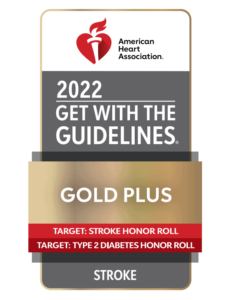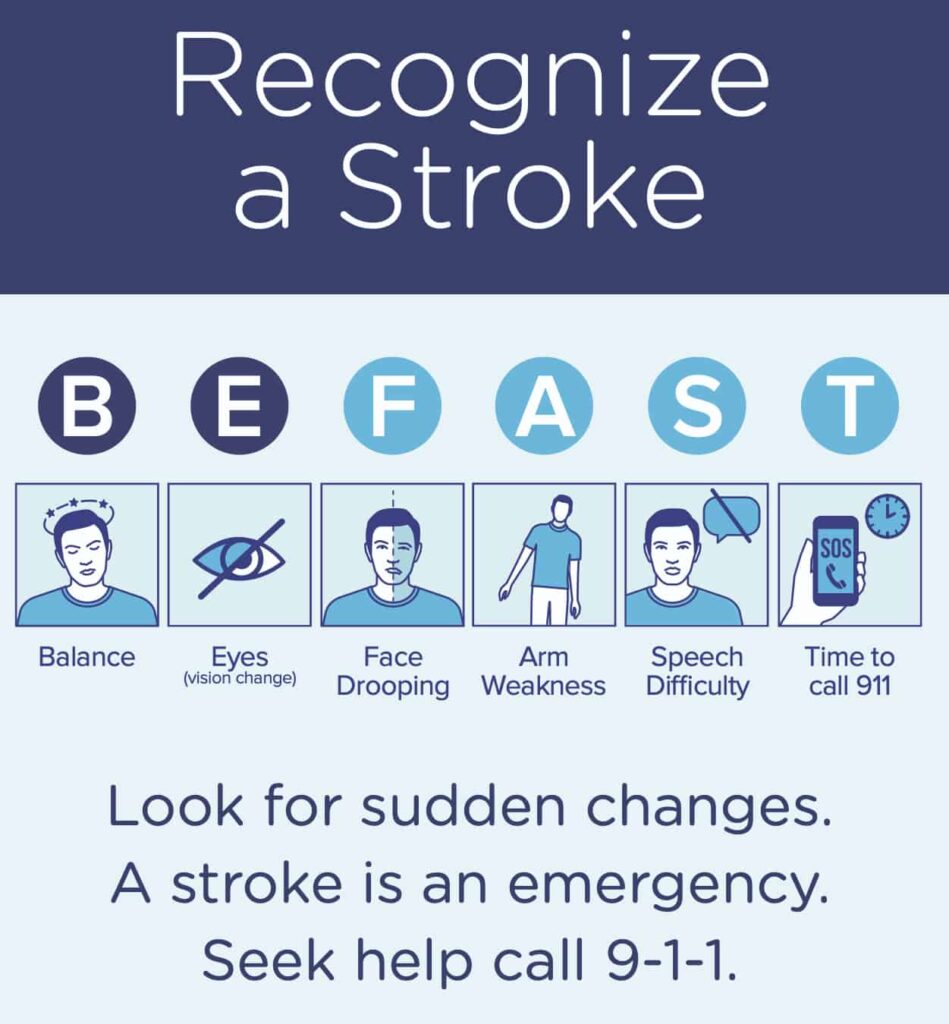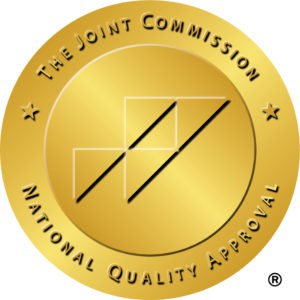Providing Hope through Award-winning Care
Stroke can cause a range of disabilities – from problems walking and balancing to memory disturbances and even paralysis – but thanks to advances in treatment and rehabilitation, the outlook for stroke patients today is more hopeful than ever before.
At Baptist Health, our physicians and staff work as an interdisciplinary team, partnering with patients and their families to provide the best possible care. Through a range of progressive services, we help patients return to their communities, while also helping their families adjust to their diagnosis and any permanent impairments.
Our Mission
In support of our hospital mission, the Stroke Program is committed to improving stroke care and prevention by:
- Providing exemplary clinical care
- Educating staff and patients on stroke recognition, timely treatment and prevention
- Extending our program to provide community education
The Highest Standard of Care
We work to provide each patient with the latest, most effective treatment – a commitment that has earned Baptist Health-Little Rock and Baptist Health-Fort Smith the Gold Seal of Approval from the Joint Commission as an Advanced Comprehensive Stroke Center and Advanced Primary Stroke center, respectively. Less than 1% of all hospitals in the United States have received this certification.
Advanced Comprehensive Stroke Center certification designates hospitals with advanced technology, infrastructure, staff and training to receive and treat patients of all ages with all types of strokes. In addition to being prepared to treat all types of strokes quicker than non-certified hospitals, we offer:
- 24/7 stroke team access
- Advanced imaging technology and protocols
- Advanced treatment options including thrombolytics and minimally invasive surgery
- Seamless integration with the ER
- A multidisciplinary approach including therapy, pastoral care, and rehabilitation experts

In addition to Joint Commission certification, each hospital has also received additional awards. Both Baptist Health-Little Rock and Baptist Health-Fort Smith have been given the Get With the Guidelines-Stroke Gold Plus Achievement Award by the American Heart Association and American Stroke Association, while Baptist Health-Fort Smith has also been named a “Top Stroke Center” by the American Heart Association.
Baptist Health Medical Center-Little Rock has earned The Joint Commission’s Gold Seal of Approval®
Comprehensive Stroke Center certification is the highest level of certification for hospitals with specific abilities to receive and treat the most complex stroke cases, according to The Joint Commission. To qualify, a hospital must provide 24/7 access to the facilities, equipment and staff necessary to carry out advanced stroke care.
Baptist Health Medical Center-Little Rock underwent a rigorous, two-day onsite review on Sept. 15 & 16, 2022. During this visit, Joint Commission reviewers evaluated compliance with related certification standards and commended the stroke team for their outstanding program.
“Comprehensive Stroke Center Certification recognizes health care organizations committed to fostering continuous quality improvement in patient safety and quality of care,” says Mark Pelletier, RN, MS, chief operating officer, Accreditation and Certification Operations, and chief nursing executive, The Joint Commission. “We commend Baptist Health Medical Center-Little Rock for using certification to reduce variation in its clinical processes and to strengthen its program structure and management framework for stroke patients.”
Meet Our Team

Recognizing a Stroke
- Weakness or numbness of the face, arm, or leg, especially on one side of the body
- Confusion or difficulty speaking or understanding
- Problems with vision such as dimness or loss of vision in one or both eyes
- Dizziness or problems with balance or coordination
- Problems with movement or walking
- Severe headaches with no other known cause
Remember, BE FAST
BE FAST is an easy way to remember the sudden signs of stroke. When you can spot the signs, you’ll know when you need to call 9-1-1 for help. The sooner the person having a stroke receives medical care, the better their chances of survival and recovery will be.
BE FAST stands for:
Balance – Is there a sudden loss of balance or coordination?
Eyes – Is there double vision or sudden loss of vision in one or both eyes?
Face Drooping – Does one side of the face droop or is it numb? Ask the person to smile. Is the person’s smile uneven?
Arm Weakness – Is one arm weak or numb? Ask the person to raise both arms. Does one arm drift downward?
Speech Difficulty – Is speech slurred? Is the person unable to speak or hard to understand? Ask the person to repeat a simple sentence, like “The sky is blue.” Is the sentence repeated correctly?
Time to call 9-1-1 – If someone shows any of these symptoms, even if the symptoms go away, call 9-1-1 and get the person to the hospital immediately. Check the time so you’ll know when the first symptoms appeared.



